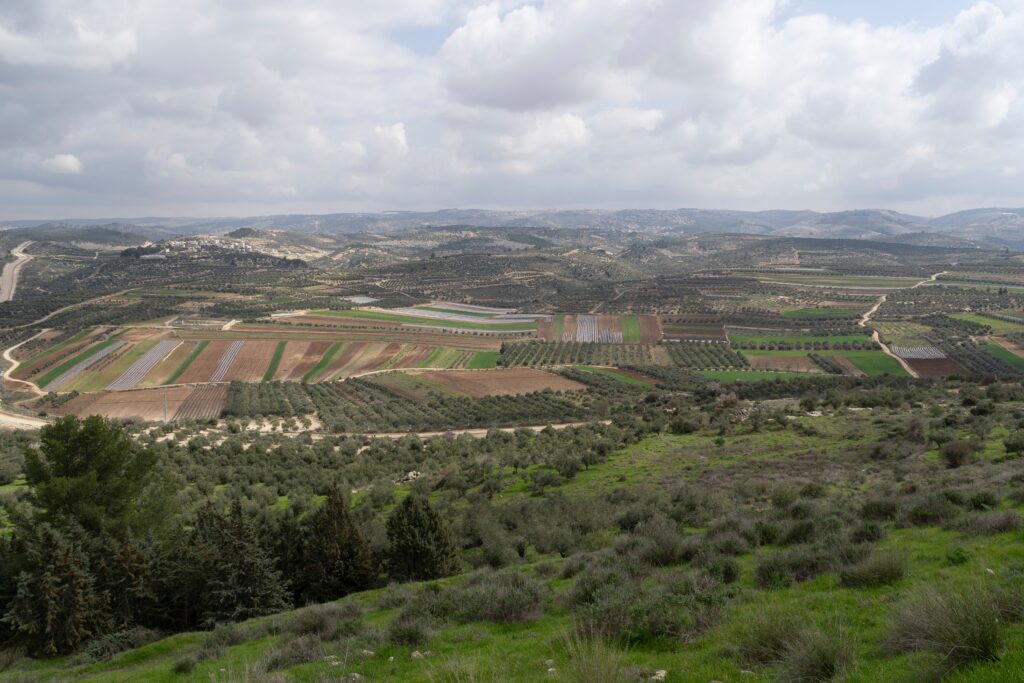In 1967, a seemingly impossible victory occurred, changing the course of history for the Jewish people. After centuries of longing and exile, Jerusalem, Judea, and Samaria—the very heart of biblical Israel—were miraculously restored to Jewish sovereignty. These regions, rich with ancient history and spiritual significance, had been lost for thousands of years, yet in a matter of days, they were reclaimed.
But the story did not end there. The struggle to maintain and fully assert control over these sacred lands has been ongoing. Despite the victory, the government hesitated to declare full sovereignty over Judea and Samaria. This decision left the door open to a complex and enduring battle for the land, a battle that has involved not only physical defense but also ideological warfare.
Rabbi Tuli Weisz, founder of Israel365 and a passionate advocate for Israeli sovereignty, sheds light on the ongoing challenges faced by those who call Judea and Samaria home.
The struggle, as he describes it, is not merely about territory but about the very soul of a nation.

Despite the miraculous nature of Israel’s victory in 1967, the Israeli government stopped short of declaring full sovereignty over Judea and Samaria. This decision, or lack thereof, has had far-reaching consequences that reverberate to this day.
Enter Nadia Matar, who arrived in Israel at 18 with a burning desire to be part of something greater. Together with her husband, she chose to live in Efrat, joining the ranks of what she terms “inheritors of the land” rather than what U.S. media might label her as: a “settler.”
This difference speaks volumes about the deep connection many Israelis feel to this region.
The year 2005 marked a turning point for Matar and many others. Following the withdrawal from Gaza and the destruction of Jewish communities there, they witnessed an alarming trend: the illegal takeover of land in Area C by Arab populations. This development spurred Matar and her compatriots into action, leading to the formation of the Sovereignty Movement.
The movement’s goal is clear: to promote the application of Israeli sovereignty over Judea and Samaria, a step they believe should have been taken immediately after the Six-Day War. They argue that this is not just about land rights but about safeguarding Western civilization against the encroachment of radical ideologies.
Interestingly, Matar envisions a future where both Jews and Arabs in the region can thrive under Israeli sovereignty. She believes that liberating Arabs from the Palestinian Authority and integrating them into Israeli society could lead to harmonious coexistence.
However, the path forward is filled with challenges. International pressure, propaganda, and the ever-present threat of terrorism continue to test the resolve of those who call this land home. The struggle for Judea and Samaria is, in many ways, a microcosm of larger geopolitical and ideological conflicts.
As the debate continues, one thing remains clear: for many Israelis, Jerusalem, Judea, and Samaria are not mere geographical locations. They represent the biblical heartland, a tangible connection to their ancestral heritage, and a fulfillment of divine promise.
The question that looms large is whether the miracle of 1967 will be fully realized through the establishment of complete Israeli sovereignty over the biblical homeland.
If you’re eager to learn more about the people and places in Israel’s biblical Heartland and want to gain deeper insights and connections to the holy sites, visit Keepgodsland.com.





